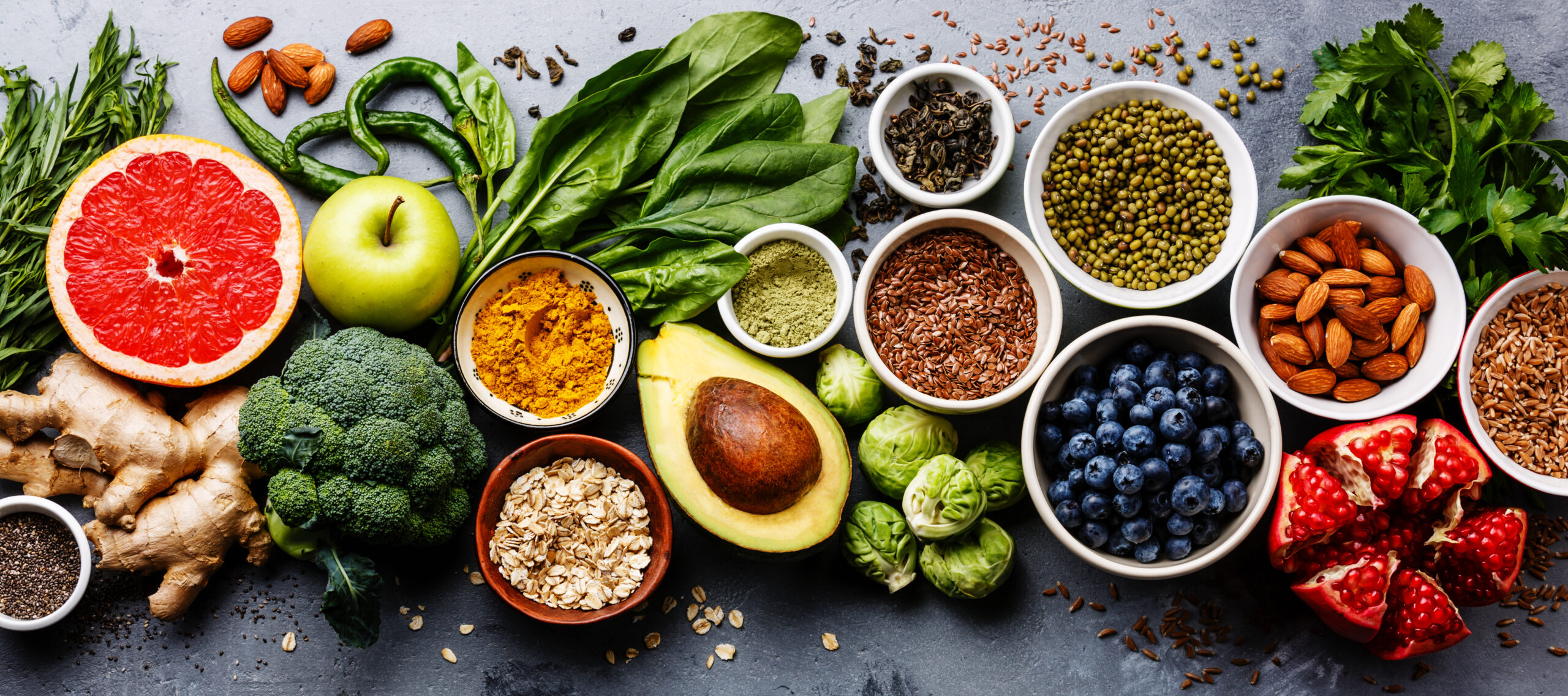Exploring the Power of Superfoods: Nutrient-Rich Choices for Optimal Health
In the realm of nutrition, the term “superfood” has gained popularity, often used to describe foods rich in nutrients and believed to offer a myriad of health benefits. While there is no official definition for superfoods, these nutrient-dense options have garnered attention for their potential to contribute to overall well-being and support various aspects of health.
One category of superfoods includes berries such as blueberries, strawberries, and raspberries. These fruits are not only delicious but also packed with antioxidants, vitamins, and fiber. Antioxidants play a crucial role in neutralizing free radicals in the body, which can contribute to cellular damage and aging. Including a variety of berries in your diet can be a tasty way to boost your antioxidant intake and support your body’s defense mechanisms.
Leafy greens, such as kale, spinach, and Swiss chard, are another group of superfoods celebrated for their nutritional profile. These greens are rich in vitamins, minerals, and phytochemicals that contribute to overall health. Dark, leafy greens are particularly high in iron, calcium, and vitamin K, essential nutrients for bone health and blood clotting. Incorporating a variety of leafy greens into your meals can provide a nutrient boost with relatively low calorie content.
Quinoa, often referred to as a “super grain,” is a versatile and nutrient-rich option that stands out among traditional grains. Packed with protein, fiber, and a variety of vitamins and minerals, quinoa offers a well-rounded nutritional profile. It is also gluten-free, making it suitable for individuals with gluten sensitivity. Quinoa’s versatility makes it a valuable addition to a balanced diet, serving as a base for salads, bowls, or a side dish.
Fatty fish, such as salmon, mackerel, and sardines, are recognized as superfoods due to their high omega-3 fatty acid content. Omega-3 fatty acids are essential for brain health, cardiovascular function, and inflammation control. Consuming fatty fish regularly can contribute to improved cognitive function, reduced risk of heart disease, and overall well-being. Including a variety of fish in your diet provides a rich source of these beneficial fats.
Nuts and seeds are nutrient-dense superfoods that offer a range of health benefits. Almonds, walnuts, chia seeds, and flaxseeds are rich in omega-3 fatty acids, fiber, and antioxidants. These foods can be excellent additions to snacks, salads, or breakfast options, providing a satisfying crunch and a nutritional boost. However, it’s essential to be mindful of portion sizes, as nuts and seeds are calorie-dense.
Turmeric, a spice commonly used in curry dishes, has gained superfood status for its active compound, curcumin. Curcumin is known for its anti-inflammatory and antioxidant properties, potentially contributing to the prevention of chronic diseases and the alleviation of inflammation-related conditions. Adding turmeric to your cooking or incorporating it into teas and smoothies can be a flavorful way to reap its potential health benefits.
In the realm of fruits, avocados stand out as a superfood celebrated for their nutrient density and health-promoting properties. Rich in monounsaturated fats, avocados contribute to heart health and satiety. They also contain a variety of vitamins and minerals, including potassium, vitamin K, and folate. Incorporating avocados into salads, sandwiches, or as a creamy topping can enhance the nutritional content of your meals.
It’s important to note that while superfoods offer a range of health benefits, a balanced and varied diet is key to overall well-being. No single food can provide all the nutrients your body needs, and dietary choices should be part of a holistic approach to health, including regular physical activity and lifestyle factors. Additionally, individual nutritional needs vary, and consulting with a healthcare professional or registered dietitian can provide personalized guidance based on specific health goals and considerations.
In conclusion, superfoods offer a nutritional boost and a delicious way to support your health. Including a diverse range of nutrient-dense options in your diet can contribute to overall well-being and may play a role in the prevention of chronic diseases. As you explore the world of superfoods, remember that balance and variety are key to reaping the full spectrum of nutritional benefits these foods have to offer.
